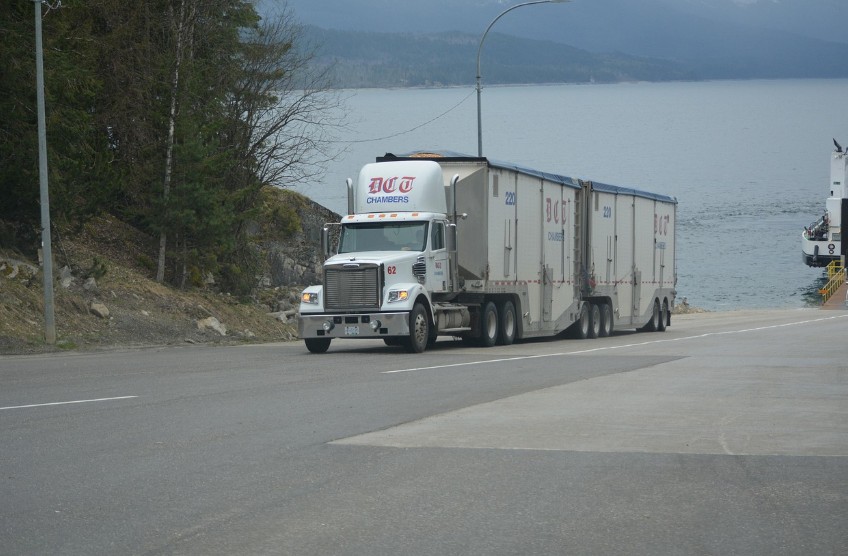Russia Eases Customs Regulations for Imports from Kazakhstan and Kyrgyzstan
In a significant move to grease trade, Russia has introduced temporary special customs rules for goods imported from Kazakhstan and Kyrgyzstan.
“This decree, signed by President Vladimir Putin, aims to streamline the import process and support economic ties between the nations.”
The new regulations permit the importation of goods transported by road from Kazakhstan and Kyrgyzstan into Russia until December 10, 2025.
“Notably, these goods can enter without the standard documentation confirming their status as products of the Eurasian Economic Union (EAEU) or the usual product markings mandated by EAEU and Russian law.”
This temporary measure applies exclusively to goods intended for Russian legal entities.
Post-Arrival Requirements
Upon arrival in Russia, recipients of these goods must adhere to several conditions:
- Notification: “Inform Russian customs authorities in writing that the goods will be formally declared at a later date.”
- Temporary Storage: “Ensure the goods are transported to temporary storage warehouses designated by Russian customs.”
- Documentation: “Provide company and tax identification details to the Ministry of Industry and Trade to facilitate the necessary labeling or marking while the goods are in storage.”
All customs declarations and related formalities must be completed no later than December 27, 2025.
“The Federal Customs Service has been authorized to issue official explanations on the implementation of this decree.”
The new rules are effective immediately, reflecting Russia’s commitment to enhancing trade relations with its neighboring countries.
This temporary easing of customs conditions underscores Russia’s strategic interest in bolstering profitable cooperation within the EAEU frame.
By simplifying import procedures, Russia aims to stimulate trade overflows and strengthen its profitable ties with Kazakhstan and Kyrgyzstan.
As the deadline approaches, businesses engaged in cross-border trade should ensure compliance with the outlined procedures to profit from the temporary measures.
The successful perpetuation of these regulations could pave the way for further endless trade facilitation enterprises in the future.






